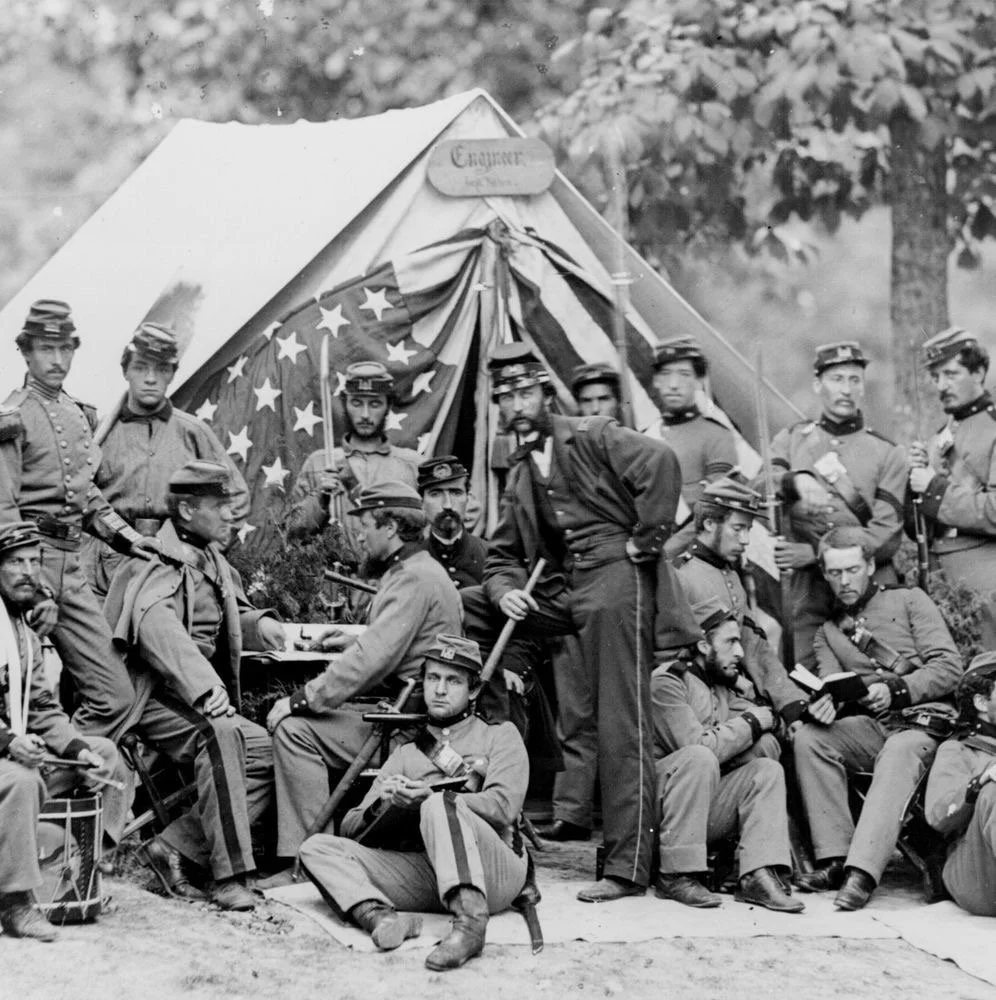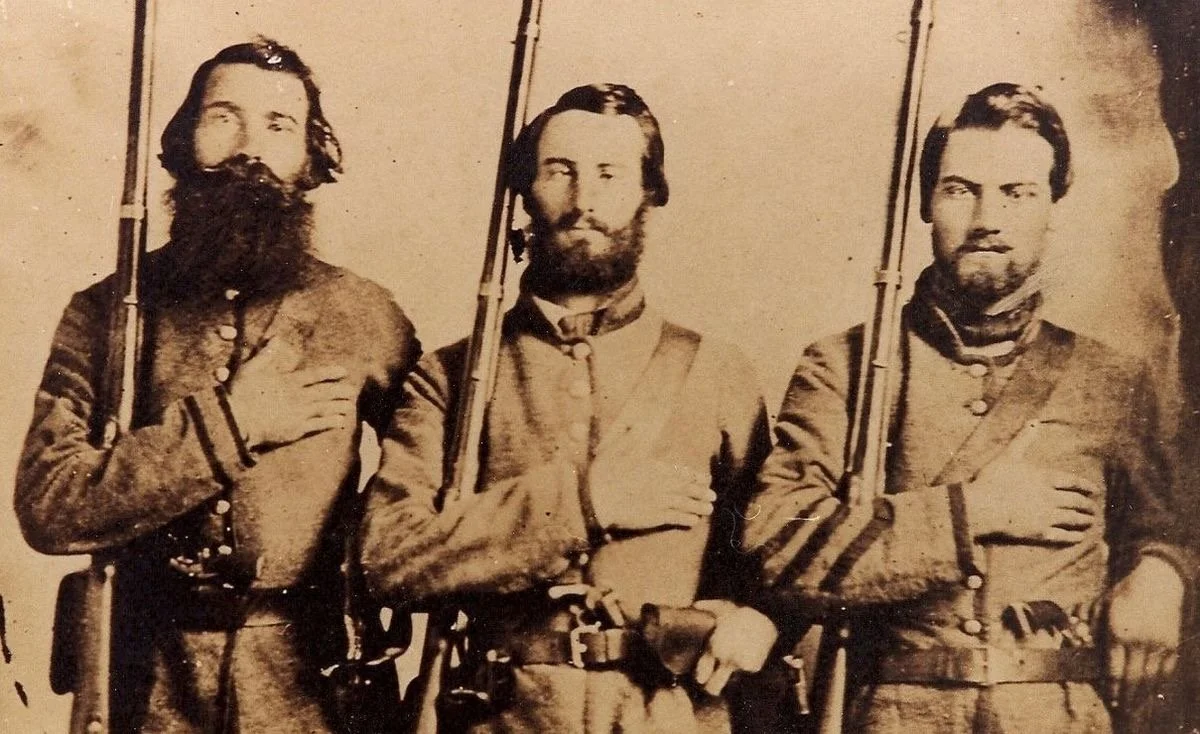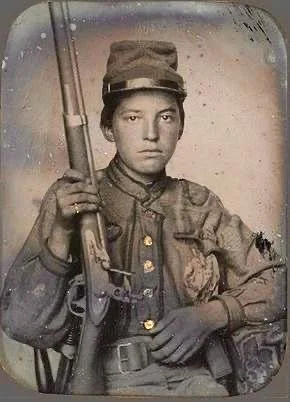I. The Burden of Honor
How Southern Manhood Became a Prison
Honor was the South’s firstborn son. From the hills of Appalachia to the cotton fields of Mississippi, boys were raised to believe that a man’s worth could be measured in how quickly he answered an insult. A sideways glance, a careless word — these could ignite a fire that ended in fists, pistols, or spilled blood.
What outsiders dismissed as “trivial disputes,” Southerners viewed as mortal trials of manhood. The culture of honor demanded retaliation, not for property or pride alone, but for the survival of one’s reputation. To be branded weak was to be unmade.
Over time, this survival code hardened into a prison. A man was expected never to lower his gaze, never to appear small. Pride became brittle, easily shattered. Anger became the only salve for wounded dignity. Studies show that Southern men, even into the modern era, respond to insults with spikes of cortisol and testosterone, physiologically primed for aggression. Violence was not merely chosen; it was embodied.
Defeat in the Civil War deepened the bondage. Stripped of power and status, Southern men turned the culture of honor inward. Husbands dominated wives, fathers ruled sons, neighbors settled grudges with fists or firearms. Violence that once defended herds and homesteads now defended fragile egos.
Layered into this was a darker creed: women bore blame for the violence inflicted on them. Rape myths flourished — that “promiscuous” women invited assault, that men could not be expected to control themselves, and that victims were more often liars or temptresses. Such beliefs let men disguise aggression as desire and control as love. Masculinity became measured not only by who a man could conquer in a fight, but also by how completely he could command women and silence any protest.
For the sons raised in this crucible, honor was not just a code — it was the air they breathed. Tears were shameful, softness suspect. To feel was weakness; to strike was strength. And yet, behind the clenched fists, many carried a hidden wound that ached for intimacy, connection, and vulnerability, while simultaneously believing such things were dangerous to their masculine being.
Research shows that a significant number of boys from one generation to the next have suffered sexual abuse in silence, but male victims are less likely to disclose it. They fear the stigma that quickly labels them as weak, complicit, or unmanly. In patriarchal cultures that cast men only as aggressors, a boy who is violated faces an impossible paradox: speak, and risk humiliation; stay silent, and carry the wound alone. Many repress the memory, and others turn their pain into aggression.
This is where the culture of honor and the culture of silence intertwine. A boy who was abused — by a father, a neighbor, a trusted elder — likely learned to mask his trauma with hypermasculine bravado. His shame turned to rage, while his grief became seeds for control. Some reenacted the very violence they endured, while others carried their wound inward, struggling with addictions, brittle pride, or the fragile narcissism born of entitled self-importance.
Psychologists describe this as the “father wound” — a deep injury passed down when fathers are absent, abusive, or emotionally unreachable. In the South, where honor demanded distance and toughness, father wounds became generational. Boys longed for approval they rarely received, and carried an unspoken grief that hardened into their own fatherhood.
Thus, the culture of honor did not only forge warriors; it forged wounded boys into men who mistook domination for dignity. Their silence was enforced by fear, their pain translated into violence, their longing for love twisted into manipulation.
And so the South raised generations of men who were taught that to feel was cowardly, but to dominate was powerful. Violence became a second language, spoken in homes as much as in duels, claimed in racial terror, and reinforced by law. Behind every act of dominance lay the same trembling fear: fear of being humiliated, fear of being powerless, fear of being unmasked.
Honor, once a banner, quickly became a chain.


